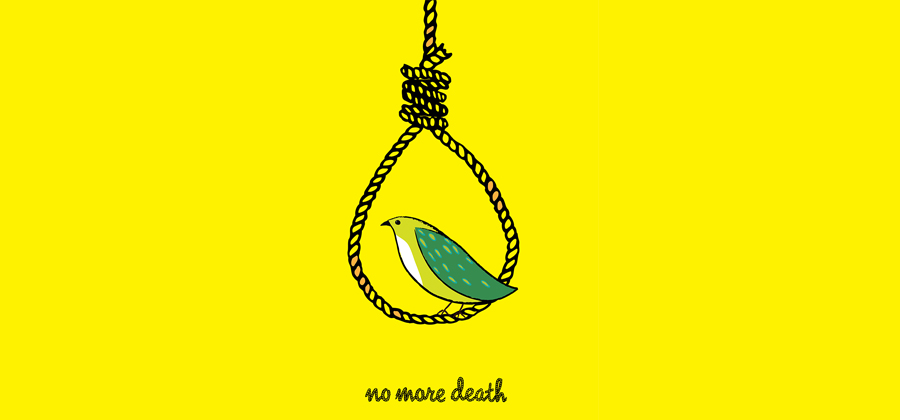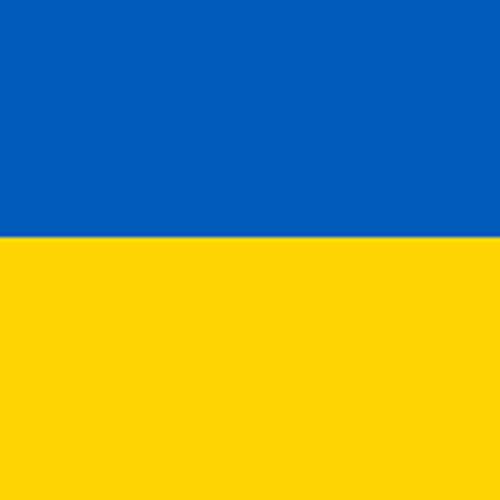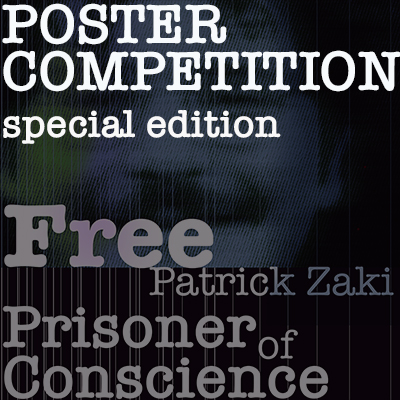
Death is not justice
Our 2010 project asked for the universal abolition of the death penalty.
For us it’s simple. The death penalty is a violation of human rights.
Article 5 of the Universal Declaration of Human Rights states: “No one
shall be subjected to torture or to cruel, inhuman or degrading
treatment or punishment.”
How does that fit with beheading, stoning, hanging, lethally injecting
or shooting someone?
The problem is that there’s no going back on a death sentence. And in a
world where every judicial system makes mistakes, it’s inevitable that
innocent people will be executed. Which is simply not acceptable. More
than two thirds of countries in the world agree, and have banned
executions.
Sadly, shamefully, 58 still persist in killing people in the name of “justice.”
In 2009, countries with the highest number of executions were Iran (with
at least 388 executions), Iraq (at least 120), Saudi Arabia (at least
69), and the United States (52).
In China information regarding the death penalty remains a secret, but
estimates show that China executes more people than the rest of the
world combined.
But there is hope - the number of people being executed around the world
appears to be declining. And in December 2010 the United Nations
General Assembly has adopted a third resolution calling for a universal
moratorium on the use of the death penalty. The result is that the
Secretary-General is requested to report to the General Assembly at its
sixty-seventh session on the implementation of this third resolution.
So while this isn't the perfect result we were hoping for, it represents
significant progress. We can now see the beginnings of a genuine global
movement towards abolition - and that can only be a good thing.
We'd like to congratulate everyone who was worked towards this together with us.
FROM APRIL 10 2010 TO JULY 22 2010
We invited the global creative community to send in posters to our website from April 10 2010. Our call for entries closed on July 22 2010.
2094 POSTERS FOR 81 COUNTRIES
We received 2094 posters from five continents.
Our jury included internationally renowned graphic designers like Michel Bouvet, Fang Chen, Kiko Farkas, Zelda Harrison, Ayse Karamustafa, Yossi Lemel, Alain LeQuernec, Saki Mafundikwa, Wasilewski Mieczyslaw, Ahn Sang Soo, Guy Schockaert, Parisa Tashakori and Lucille Tenazas. They selected the best 100 entries collected in an exhibition and in a catalogue. The catalogue included comments from experts in the field of human rights such as Roger Hood and Carolyn Hoyle from Oxford University and the human rights focused charity FIDH.
3 WORKSHOPS AND 10 POSTERS IN PERMANENT COLLECTIONS
We reward the 10 most outstanding designs, as chosen by
the jury, by making them part of the permanent collection of the
prestigious design museums in the list below:
Dansk Plakatmuseum, Design Museum Gent, Graphic Design Museum Breda,
Lahti Poster Museum, Les Arts Décoratifs, Museum für Gestaltung,
Political Graphics, Victoria and Albert Museum, Wilanów Poster Museum.
École intuit/lab in Paris awarded three students with a free workshop on graphic design.
WORLDWIDE OPENING ON 10.10.10
The “Death is not Justice” exhibitions
organised by poster for tomorrow opened in 50 locations around the
world. We fell short of our 100 cities objective, but we can’t really
complain..
Our opening celebration was hosted at Les Arts Decoratifs in Paris.
Other exhibitions were held in cities as Strasbourg, Beirut, Minsk and
many others, also thanks to our partners the Council of Europe and the
World Coalition against Death Penalty.
The exhibitions displaied the 100 best posters out of the 2094 we
received from 81 countries around the world. You can see some pictures
from the events on our flickr page.
6 ENDORSEMENTS
The projects was endorsed by charities such as Amnesty International, Reporters Without Borders, World Coalition Against the Death Penalty, FIDH, LDDHI. We’ve also been granted the endorsements of two international organizations, the Council of Europe and the French Commission for UNESCO.
Ongoing Projects

FAKE NEWS!
Fake news might feel like a recent development that has only come to prominence since the election of one politician who shall not be named, but the practice of spreading rumours and misinformation is as old as the printed word.
People have always twisted the truth, or simply told lies, to get what they want (or change the world). But now we have the ability to share information faster and wider than ever before. It used to be only a few media outlets or government sources that could shape public thought, but now everyone can.
And unlike the media or government, none of us are held accountable for what we post. As there are few laws or fines that can be thrown at us for posting lies, there is no incentive to act responsibly in the public sphere. Get likes (or votes) first, worry about potential consequences later. If the self-styled leader of the free world can’t be held to account for regularly tweeting and spreading blatant untruths, then what stops everybody else from doing the same?

